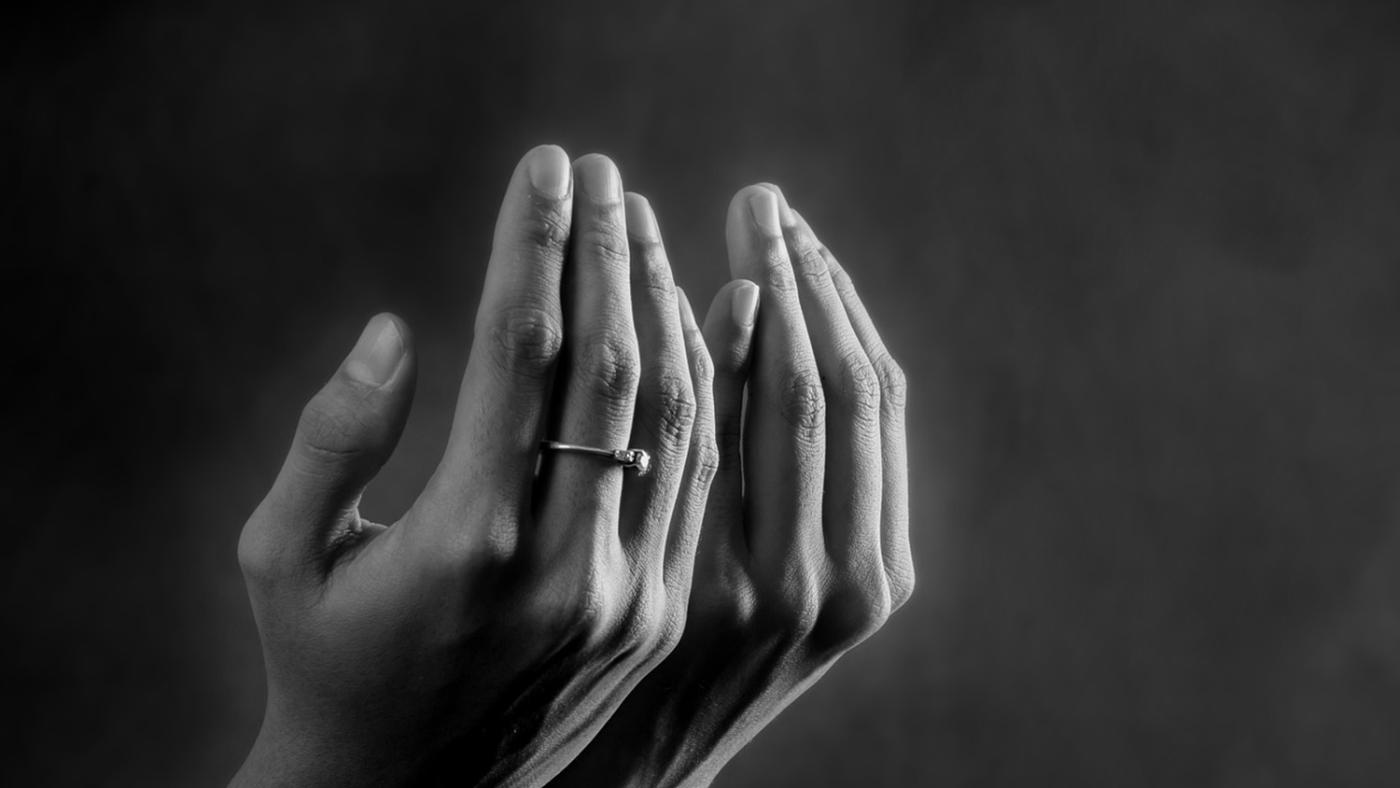UU has nine
Student organisations tell students to lobby for quiet rooms

The ‘Quiet Room Toolkit’ helps students engage in dialogue with administrators to create more quiet rooms. It includes a sample letter to administrators and arguments that students can use to overcome possible objections from their board.
The toolkit was published online earlier this week by the Dutch National Student Union, together with organisations such as the Dutch National Student Association, JOB MBO, the Dutch National Student Alliance for Christian Faith (LAKS) and Ieder(in), which defends the interests of students with a disability.
Welcome
The organisations believe quiet rooms are very important for students' well-being as they allow students to pray, meditate and relax in a low-stimulus environment. Quiet rooms also promote inclusivity: ‘By facilitating a quiet room, educational institutions send the message that students from minority groups are welcome and can be themselves.’
The Islamic student association, MSA Nederland, is also participating in the toolkit. They feel students should take action, although they believe that ‘the real responsibility lies with the administrators to take care of students’.
Controversial
Last year, student organisations had already presented a manifesto to the Lower House, but the minister of education at the time, Robbert Dijkgraaf, did not want to make quiet rooms compulsory. It is not up to the government to choose a prominent position in the discussion about the design or compulsory nature of quiet rooms.’
Universities can now choose whether or not to set up a quiet room. Many institutions already have quiet rooms, but prayer rooms can be controversial. Utrecht University has nine quiet rooms that can also be used as prayer rooms. There are four at Utrecht Science Park (USP), three in the city centre, one at the International Campus and one on Israëlslaan. Prayer rugs are also available in three rooms at USP.